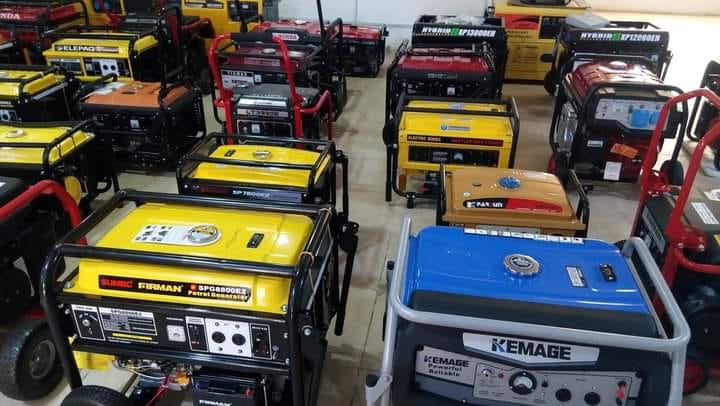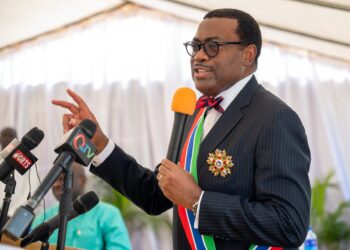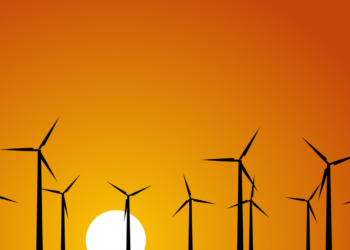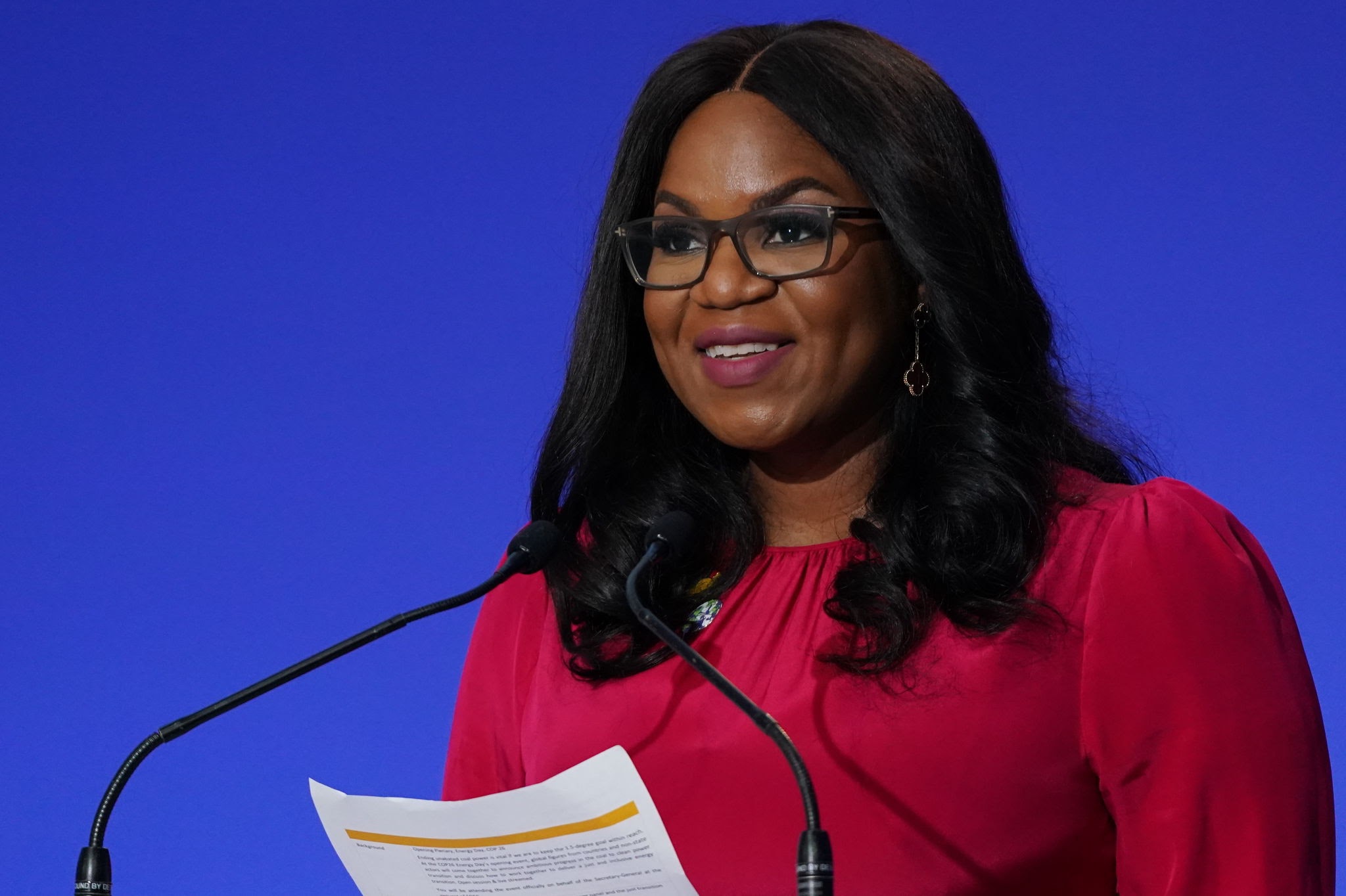The International Renewable Energy Agency (IRENA) said Nigeria is the highest premium motor spirit (PMS) and diesel generator importer in Africa.
The agency disclosed this in a new report developed in partnership with the Energy Commission of Nigeria (ECN) and titled ‘Renewable Energy Roadmap: Nigeria‘.
Poor power supply in Nigeria: The IRENA report also revealed that Nigeria’s on-grid generation is dominated by natural gas power stations at 86% and large hydropower plants at 14%. However, unavailability of gas, machine breakdowns, seasonal water shortages and limited grid capacity have severely limited the operational performance of these power plants, thus affecting the power supply.
Families/Businesses rely on generators: These power shortages have made many households and businesses resort to self-power generation, using diesel and gasoline generator sets as a backup. IRENA also highlights the fact that 84% of urban households use backup power supply systems such as fossil diesel/ gasoline generators, while 86% of the companies in Nigeria own or share a generator. Part of the report said:
- “Given the several million captive generators imported into the country, Nigeria leads Africa as the highest importer of generators and is also one of the largest importers worldwide. Nigeria’s erratic power supply systems and the relatively expensive captive generation negatively impact the economy from the residential to the industry sector.
- “Owing to the high costs of captive generation, households and small and medium-sized enterprises spend between two and three times more on kerosene, diesel and petrol than they do on electricity from the grid. In industry, government figures suggest that the cost of self-generating power makes Nigerian products approximately one-third more expensive than imports.”
Nigeria’s power sector needs financing: As Nigeria struggles with power supply access, stakeholders in the sector insist that alongside other challenges, lack of financing is a major issue that needs to be tackled to power the country for the benefit of its over 200 million inhabitants. The IRENA report stated:
- “While the Nigerian power sector continues to struggle, poor financing remains the key bottleneck to lack of progress. The Nigerian power sector will require substantially more investment to achieve a constant power supply.
- “In terms of improving electricity access, around $34.5 billion in total investment will be required to provide electricity access to all households by 2030. The Transmission Company of Nigeria (TCN) suggests that rehabilitation and expansion of the grid will require an annual investment of $1 billion for the next ten years.”
Nigeria’s shift to renewable energy: According to IRENA, the low rate of power infrastructure and capacity in Nigeria, provides a context for a paradigm shift towards renewable energy. IRENA says that Nigeria has much to gain from pivoting towards domestic renewable energy sources in place of domestic fossil fuels.
The report further revealed that global fossil fuel employment may drop by 80% in a 2°C scenario compliant with the Paris Agreement, while renewable-based employment could increase fivefold. So, nurturing local development of abundant renewable energy resources would potentially spur local innovative renewable energy champions in such a scenario, which would enable the creation of local jobs and spin-off industries. The roadmap states:
- “Natural gas, other renewables and hydropower make up the remainder of the primary energy requirement of Nigeria and are used in the power sector for the most part.
- “The low penetration of variable renewables such as wind and solar shows the opportunity that lies in integrating them in the power sector given the substantial cost reductions of the technologies in recent years and the enormous natural resource that Nigeria has, especially for solar power.”
The report highlighted the following current power projects in Nigeria:
- The World Bank is financing a $486 million International Development Association credit for the Nigerian Electricity Transmission Access Project, to support the development of Nigeria’s transmission system.
- The African Development Bank is already working with the country on a $410 million transmission project and has pledged to invest an additional $200 million through the Rural Electrification Agency (REA), to expand electricity access in the country.
- The Presidential Power Initiative with Germany’s Siemens AG for a three-phase electrification project aimed at increasing Nigeria’s power to 25,000 megawatts (MW) which amounts to N1.15 trillion, around USD 3.8 billion as of 2020.
















.gif)






